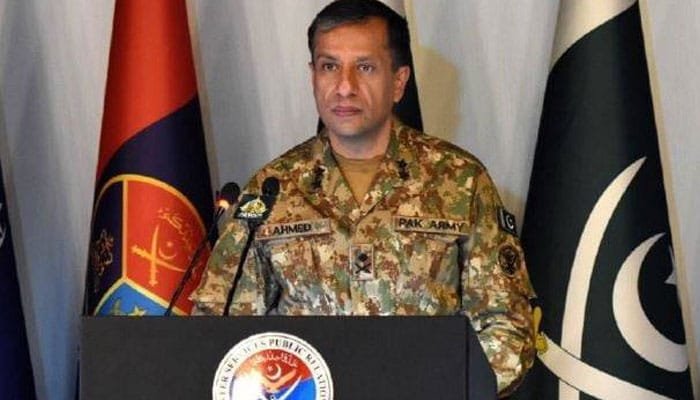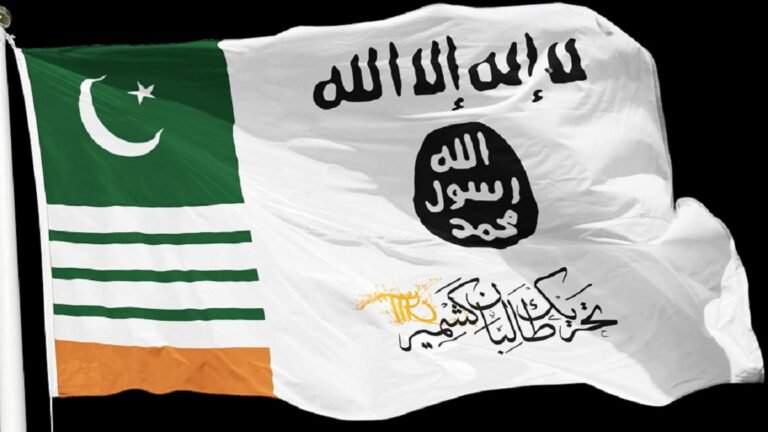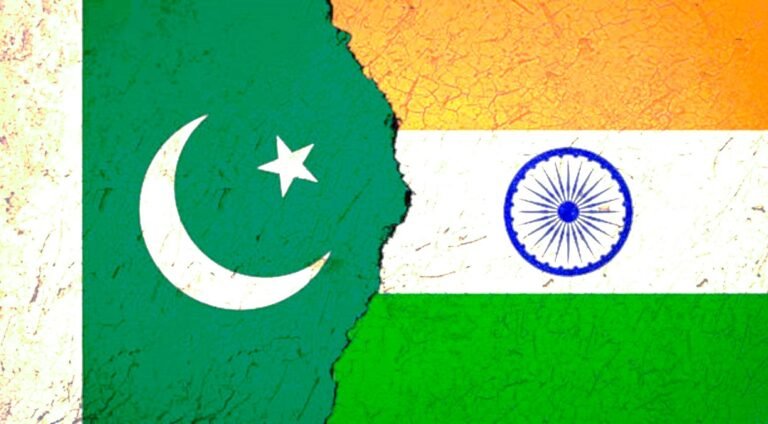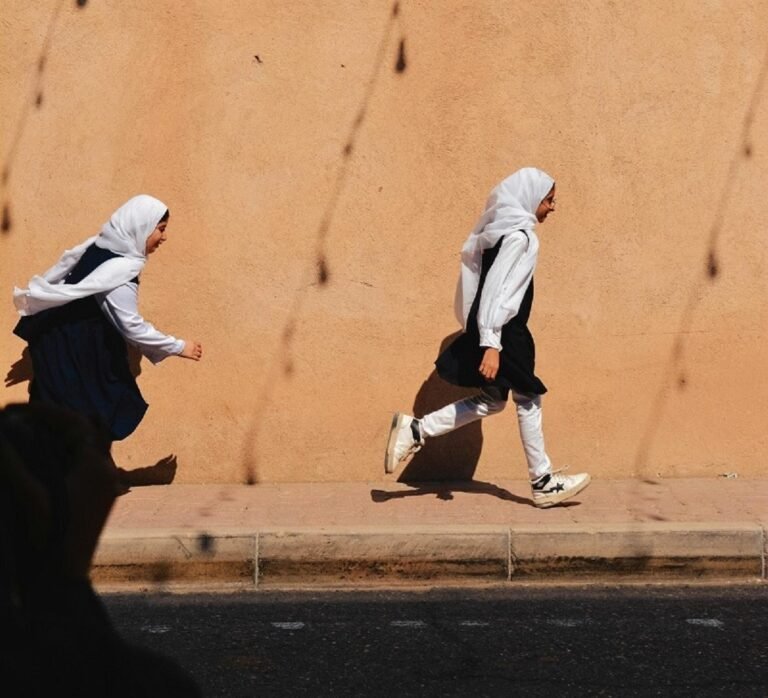Jaffar Express Attack: DG ISPR Says India Sponsors Terrorism in Balochistan. Lieutenant General Ahmed Sharif, Director General Inter-Services Public Relations (ISPR), has accused India of sponsoring terrorism in Balochistan as he provided details about the recent attack and hijack of Jaffar Express train.
Addressing a press conference today in Islamabad along with the Chief Minister of Balochistan Sarfraz Bugti, the military’s spokesperson said that the terrorists used both Indian and Afghan weapons in the recent incident and previous attacks.
“We must understand that in this terrorist incident in Balochistan, and others before, the main sponsor is your eastern neighbour (India)”.
Lt. Gen Sharif slammed Indian media of spreading fake propaganda following the Jaffer Express hijack, adding that Indian outlets circulated misleading AI-generated videos and broadcast content that misrepresented the terrorists’ actions.
Chaudhry said the incident of Jaffar Express is a continuation of the India policy to sponsor terrorism in Pakistan.
The banned Baloch Liberation Army (BLA) on Tuesday attacked and hijacked Jaffar Express, holding over 440 passengers hostage in a remote mountain pass in Balochistan’s Bolan district.
The military cleared the train and rescued hostages along with killing 33 attackers, the ISPR said in a press release on Thursday.
In today’s presser, Lt Gen Chaudhry confirmed that three FC soldiers embraced martyrdom when the terrorists attacked Frontier Corps picket before the train was ambushed.
Giving a breakdown of the figures in the incident, the DG ISPR said 33 terrorists were killed, while the count of martyred passengers had been updated to 26 from the previous figure of 21.
In addition to that, 37 hostages recovered were injured.
The military spokesperson said that they had five operational casualties. It included three FC personnel at the picket, one FC soldier martyred on Wednesday morning, and another stationed for security duty on the train.
The martyred train passengers included 18 security personnel from the army and the FC, three officials from Pakistan Railways and other departments and five civilians, he added.
He said 354 passengers were successfully identified and rescued, bringing the total passenger count to 380.
Train hijack operation explained
Briefing about the hijacking incident with the help of maps, Lt Gen Chaudhry said that the terrorists had deliberately selected a remote location to conduct the attack where there were no telecommunication signals.
They were in different groups, adding that one of the militant groups kept the women and children inside the train, while the other travellers were brought outside the train by terrorists and divided into groups, he added.
“They operated in multiple groups, taking strategic positions on higher ground. After planting the improvised explosive device (IED), which disabled the train, they took the passengers hostage,” he detailed.
Lt Gen Chaudhry added that the terrorists had suicide bombers among their ranks and that a small group was left on the train.
In a bid to create a “false impression” of humanitarian values, the militants released a group of hostages in the evening, he added.
However, some of the hostages managed to escape when they got the chance, he revealed, adding that the terrorists also opened fire on the fleeing passengers.
The Lt Gen said that the terrorists were in contact with their handlers in Afghanistan. “From the terrorists’ communication, we came to know that there were suicide bombers among them,” he added.
The military spokesperson said that all terrorists were eliminated during a successful and complex operation of 36 hours.
“Within 36 hours, in a remote area with inaccessible terrain and the presence of suicide bombers, our soldiers, the air force and the FC successfully conducted the operation with professionalism and bravery.”
He added that the Special Services Group’s Zarrar Company had arrived in the area by midday and was monitoring the terrorists from a distance.
“They carried out a situational assessment,” he said, adding that they planned the operation at first because of suicide bombers, who could detonate their vests and kill the maximum number of people.
DG ISPR said that Zarrar Company targeted the suicide bombers from a distance before moving in to secure the hostages, adding that the hostages, who were sitting in the open for 24 hours, took the opportunity to run to safety.
The media chief showed the audience drone footage of people running from the train.
“They ran in multiple directions, wherever they could go,” he said, adding that once they were safe, Zarrar Company operators cleared the train, moving from the front engine to the rear bogey.
Highlighting drone footage of the soldiers moving into the front engine, DG ISPR said, “They entered and cleared the front engine, killing any terrorists they encountered. They then cleared the whole train bogey by bogey.”
“Not even a single casualty was recorded among the hostages during this entire operation,” DG ISPR highlighted. “Despite their intentions, they (the terrorists) were unable to kill even a single hostage,” he added, clarifying that some passengers had embraced martyrdom before the operation.
Rise in terrorism
Speaking about the rise in terrorism, the DG ISPR said the pace of implementation of the National Action Plan’s 14 points needed to be considered first.
He said law enforcement agencies conducted 59,775 intelligence-based operations, both major and minor, in 2024. So far in 2025, 11,654 IBOs have been carried out.
“This year, we are averaging 180 IBOs per day,” he added. Meanwhile, around 1,250 terrorists were “sent to hell” in 2024 and 2025, while 563 security personnel were martyred in the line of duty, he said.
When asked about changes in the “rules of the game,” DG Chaudhry said, “Terrorists will be dealt with as they deserve—those who drag innocent people from buses and slaughter them. A group that divides people by ethnicity has no connection to Baloch ethnicity or Islam. We will take them on, along with their facilitators and abettors, both inside and outside Pakistan.”








